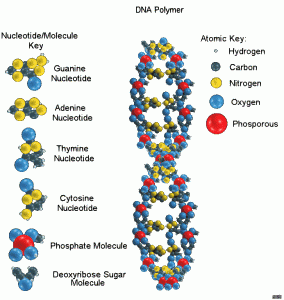Consciousness baffling psyhiatrists
Former President Bill Clinton used to tell the public that he “felt their pain.” He may have been right—literally. Empathy has been shown to activate a brain region involved in feeling pain. A large part of a psychiatrist’s day is spent navigating the world of emotions, feelings, and consciousness. Yet what is actually known about […]
Former President Bill Clinton used to tell the public that he “felt their pain.” He may have been right—literally. Empathy has been shown to activate a brain region involved in feeling pain. A large part of a psychiatrist’s day is spent navigating the world of emotions, feelings, and consciousness. Yet what is actually known about these ephemeral mental states?
Consciousness Continues To Baffle Psychoanalysts
During the past two decades quite a bit has been learned about emotions, something about feelings, yet very little about consciousness, two sessions at a recent meeting of the American Psychoanalytic Association in New York City suggested.
One session was conducted by Antonio Damasio, M.D., a professor of neuroscience and psychology at the University of Southern California. The other session included Damasio and Arnold Modell, M.D., a professor of psychiatry at Harvard Medical School.
Emotions, Damasio explained, are essentially automatic reactions to a stimulus in the world or in one’s mind. Sometimes people’s brains respond with a particular emotion because of evolution—for instance, a dark form or a loud noise can provoke fear.
Yet other times, people learn to react emotionally. For example, one individual may be emotionally moved by a Chopin piano concerto, whereas another person may not. Moreover, emotions can be grouped into three tiers—background emotions such as enthusiasm; primary emotions such as fear, anger, and sadness; and social emotions such as compassion.
(…)
Full story at Psychiatry Online







